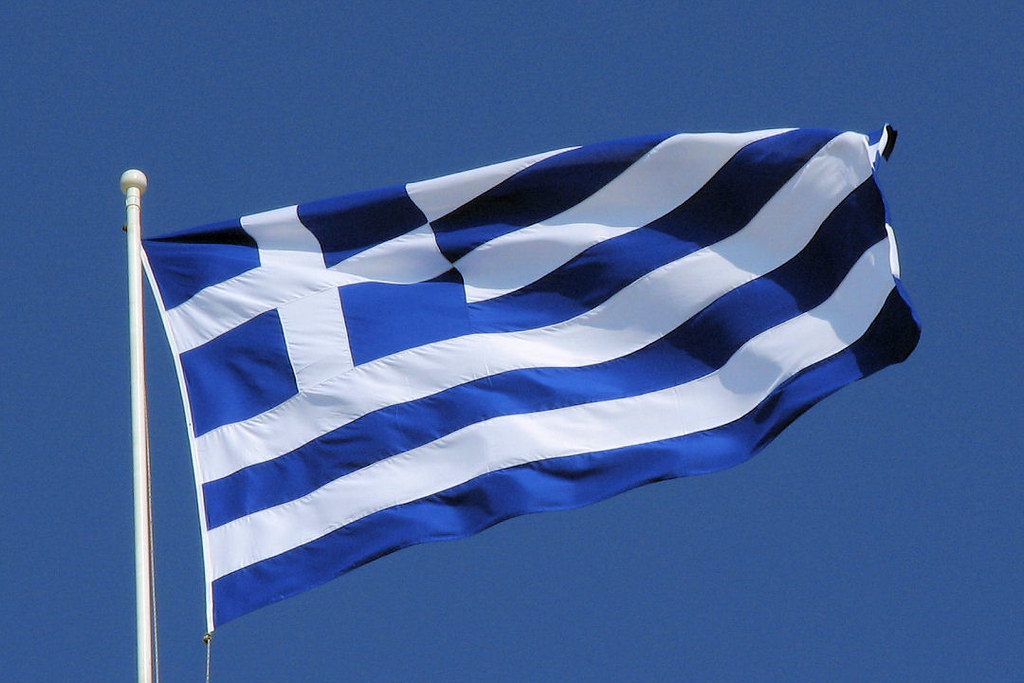

Nearly half of all applicants seeking Greek citizenship failed the latest round of naturalization exams, the Greek Ministry of Interior said.
Of the 4,222 applicants who took the Certificate of Knowledge Adequacy for Naturalization exam, only 2,136 passed, achieving a pass rate of 50.74 percent while 12 applicants were disqualified for cheating. The results were announced last week.
The bi-annual exam, taken in 72 examination centers across the country in April, tested the knowledge of foreign nationals on the Greek language, geography, history, and civic institutions. It is a requirement for Greek citizenship and carries a fee of 250 euros ($280). Successful candidates are then required to complete an oral interview with two officials from the ministry’s general secretariat, which costs an additional 550 euros (about $620). There are special provisions for elderly individuals taking the exam as well as for those with disabilities.
In total, 4,427 candidates had applied to take the written naturalization test, with over 95 percent of them showing up—the highest participation rate recorded since the test was introduced a few years ago, according to the Ministry of Interior.
The test is comprised of a written and an oral comprehension part of the Greek language, with questions posted three months prior to the test to allow candidates to prepare.
History questions are on such topics as the Byzantine Empire and critical figures like Rigas Velestinlis while cultural questions focus, for instance, on gods and goddesses like Aphrodite or require candidates to possess knowledge on ancient Greek temples and appropriately identify them. Most of the written exam is multiple choice.

Thousands of Greek children were sent from Greece for adoption abroad, mainly to the US, through often questionable means during the Cold War decades of the 1950s and 1960s. Many adoptees had lived their entire lives unaware of the fact they had been adopted or Greece was their birthplace.
There may be 3,000 to 5,000 Greek adoptees, most residing in the US, with smaller numbers in European countries such as the Netherlands.
A new Ministerial Order establishes a definitive legal precedent and a clear pathway for Greek-born adoptees seeking the restoration of their citizenship. It formalizes and expands access to Greek citizenship for individuals who were separated from their heritage through adoption, often during periods of profound social and political upheaval.
This milestone is the result of a powerful collaboration between dedicated advocates at The Eftychia Project and a specialized legal team.
For years, The Eftychia Project has steadfastly supported and advocated for Greek-born adoptees, especially those adopted abroad, providing hope, a better understanding of individuals’ identity, and re-connection with one’s roots.
Nasos Balerbas, Secretary General of the Ministry of the Interior, said that after years of bureaucratic and legal obstacles, Greece has finally delivered.
He recounted how as early as his previous role as Secretary General of Citizenship, he met adoptees seeking to reconnect with their homeland. “They said to me, ‘We want to become Greek citizens again.’ But these individuals had Greek citizenship. The issue wasn’t naturalization. The issue was restoration,” he revealed.
